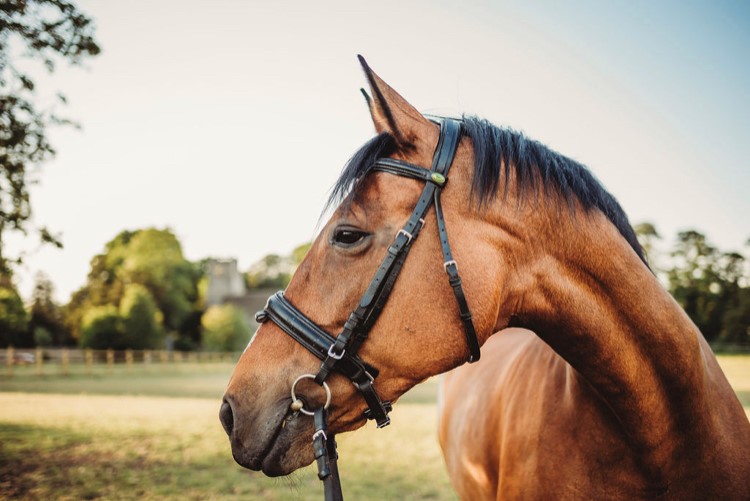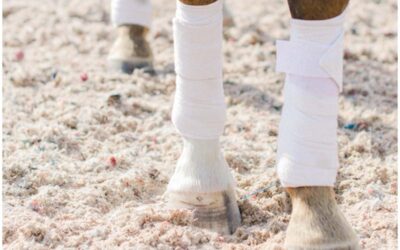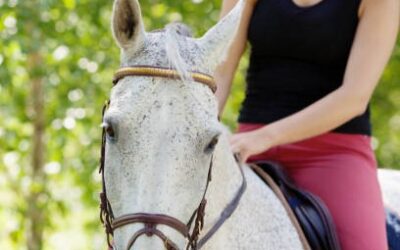‘Its not nerves its excitement’
This is perhaps the most well-known and popular reframe when it comes to dealing with competition anxiety. It allows riders to embrace the psychological effects of pressure that can facilitate performance and reduce the negative effects cognitive anxiety can have on performance.
To better understand this technique it worth starting off by taking a quick look at Multidimensional anxiety theory (Martens et al., 1990). This theory makes a distinction between cognitive anxiety (the mental manifestation of anxiety) and somatic anxiety (the physical manifestation of anxiety). It suggests that somatic anxiety can facilitate performance whilst cognitive anxiety negatively effects performance. This is because the physical effects of anxiety such as increased blood pressure and narrowed focus can be beneficial for peak performance. When you consider that the physiological reaction to fear, what is often described as the fight or flight response, is in fact much the same as the physiological reaction of excitement, it all comes down to how you interpret these feelings. labelling feelings as excitement rather than nerves can help reduce cognitive anxiety whilst at the same time embracing the potentially helpful somatic anxiety. To quote the popular saying ‘Its not about trying to get rid of the butterflies but about getting them to fly in formation’.
We can further gain an understanding of this principle by looking at two theories of emotion.
The James-Lange Theory of Emotion
In the late 1880’s the philosopher William James proposed ‘You do not run from a bear because you are afraid of it, but rather become afraid of the bear because you run from it’. In other words our emotions arise from physiological arousal. For example, you arrive at your competition venue, you feel the butterflies in your stomach and the quickening of your heartbeat and you tell yourself ‘I’m suffering from competition nerves’. This theory was picked up in the 1960’s by psychologist James Laird who carried out a study where participants were told that they were partaking in a study examining the electrical activity in their facial muscles. He placed electrodes between the participant’s eyebrows, the corners of their mouth and jaw. He then asked them to move the electrodes in a way that caused the participants to either smile or frown. After the experiment the participants reported feelings of happiness or anger although that could not attribute the reason why (down to the clever cover story used by Laird).

Schachter-Singer two-factor theory
Schachter and Singer’s two-factor theory of emotion states that emotion is based on two factors, Physiological arousal and cognitive label. The theory states that emotions are experienced as a result of a chain of events. Firstly, a physiological reaction to a stimulus followed by a cognitive interpretation of the stimulus then the emotion itself. So, in this case you would arrive at the competition venue feel the butterflies in your stomach and the quickening of your heartbeat and then cognitively appraise the situation ‘I’m at a competition venue, I get nervous at competitions this feeling must be nerves’ and then experience the emotion of being nervous.

What these theories tell us is the physiological reaction we have when under pressure that is caused by the sympathetic nervous system preparing us to respond to a potentially risky situation by preparing us to fight or flight, can be used to our advantage if we interpret them as facilitative to our performance. If when we feel the butterflies in our stomach rather than telling ourselves that our nerves are getting the better of us, we tell ourselves its our body prepping us for peak performance, we can use pressure to boost rather than negatively effect our performance. After all many elite athletes believe they can not perform at their best without the arousal effects of pressure. So remember it’s not nerves its excitement!
‘Its not nerves its excitement’





0 Comments